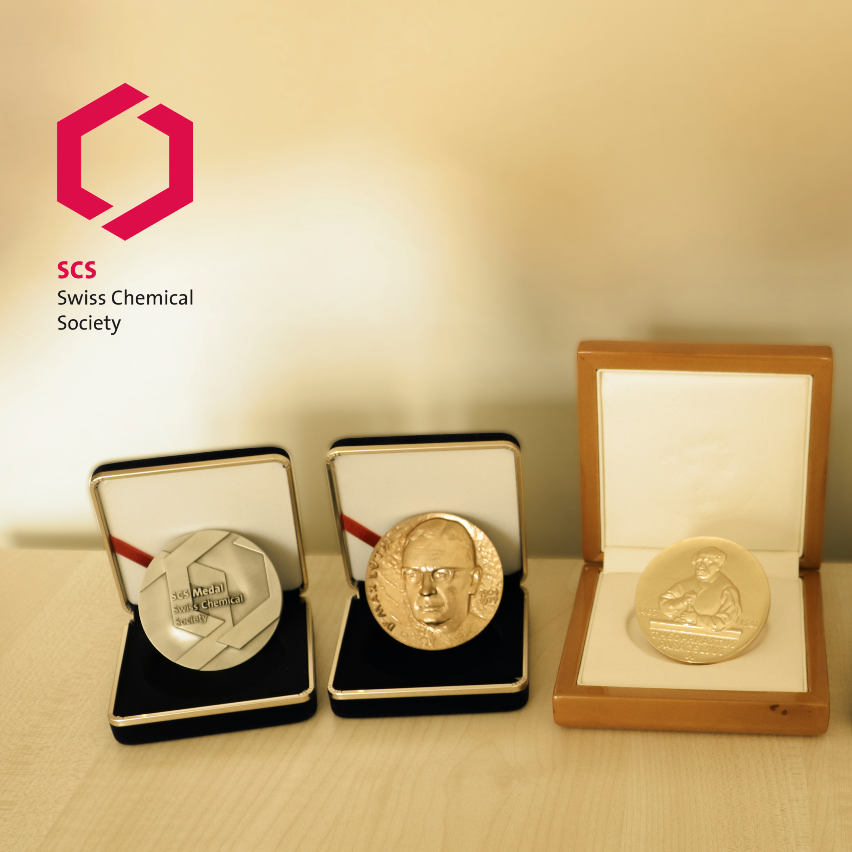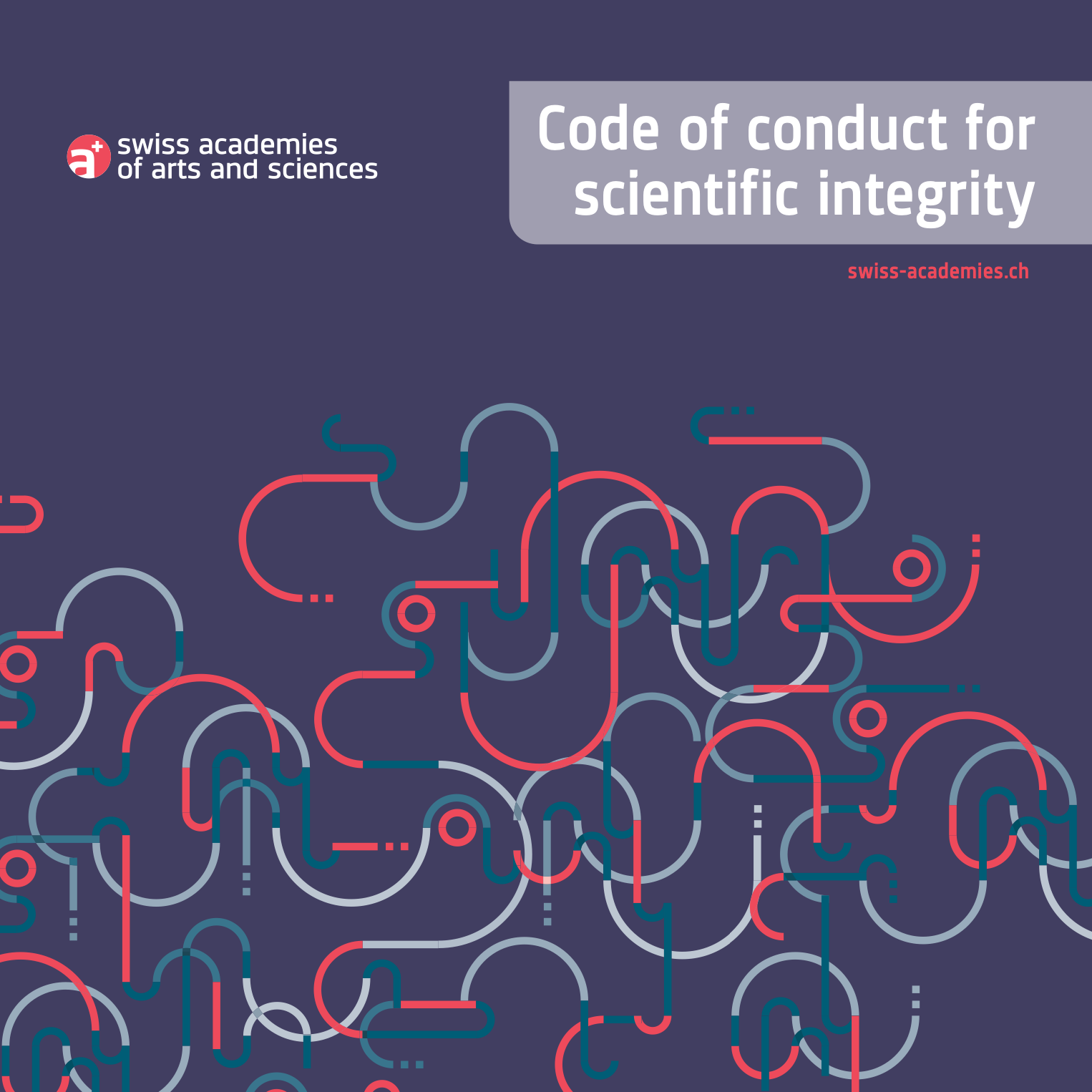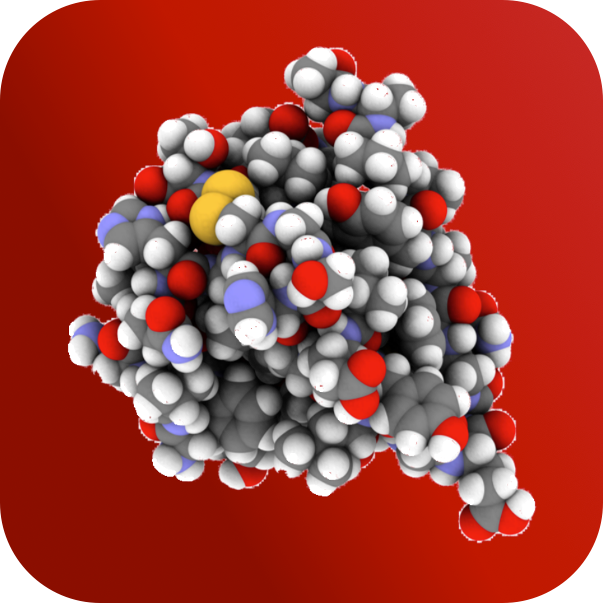Casale-Mini Symposia: an online Symposia Series as Part of Casale's 100th Anniversary in 2021
![]() To celebrate its 100th anniversary, Casale in collaboration with the Section Catalysis of the Swiss Chemical Society (SwissCat) is launching a new series of online mini symposia. Interested researchers from all over the world are cordially invited to participate and to learn about the latest developments in the fields of homogeneous, heterogeneous and bio-catalysis.
To celebrate its 100th anniversary, Casale in collaboration with the Section Catalysis of the Swiss Chemical Society (SwissCat) is launching a new series of online mini symposia. Interested researchers from all over the world are cordially invited to participate and to learn about the latest developments in the fields of homogeneous, heterogeneous and bio-catalysis.
The first event takes place as follows:
Casale-Mini Symposium #1, 2021
online event via zoom, June 8, 2021
13:30-16:30
«Overview on research in the field of CO2 capture, storage and utilization»
The industry will have to reduce carbon emissions, reaching the net zero target in the next decades. At the same time industry will have to continue producing carbon containing molecules and products with zero emissions. This is a challenging goal that need to be achieved developing the utilization of CO2 within a new carbon cycle. Casale believes that the development of novel highly-efficient technologies that aim at fully decarbonized industry can be achieved together with Universities in strict scientific collaborations.
Program
13.30 Welcome to the Casale Mini-Symposium Series, an initiative from Casale in collaboration with the SCS
Introduction and highlight on the Industrial challenges on CO2
13.45 Prof. Marco Mazzotti, ETH Zürich
«Overview on Carbon Capture and Storage»
14.20 Prof. Raffaella Buonsanti, EPFL Valais, Sion
«Electrocatalytic Valorization of CO2»
14.55 Prof. André Bardow, ETH Zurich
«Pathways towards a carbon-neutral chemical industry»
15.20 Break
16.00 Annual Assembly 2021 of SwissCat
Prof. Javier Perrez-Ramirez, ETHZ and Prof. Matthias Arenz, University of Bern
16.30 End of the event
Please register on the website: https://casale-symposia.scg.ch/2021-06
Céline Wittwer, SCS
19.05.2021g
SCS Fall Meeting 2021: Call for Abstracts
![]() We are pleased to invite you to the SCS Fall Meeting 2021, one of the largest annual research conferences held in Switzerland. For the second time, the Fall Meeting takes place as an online conference.
We are pleased to invite you to the SCS Fall Meeting 2021, one of the largest annual research conferences held in Switzerland. For the second time, the Fall Meeting takes place as an online conference.
For generations of young chemists educated in Switzerland, the Fall Meeting has been a great platform to present their research – often for the first time ever at a major conference – and to be inspired by the people you get to meet.
As a presenter you automatically participate in the renowned Best Presentation Award Program. More than CHF 42’000 CHF in total are given to the winners in monetary form, travel grants or free publication opportunities in the Junior Laureates issue of CHIMIA 4/2022.
- Award lectures of SCS price winners 2021
- Interactive, virtual poster session (during the whole week)
- Nine thematic parallel sessions with key note lectures and 15min PhD presentations
- Best oral and best virtual poster presentation award ceremony
Topics of the parallel sessions are:
- Analytical Sciences
- Catalysis Science & Engineering
- Computational Chemistry
- Inorganic & Coordination Chemistry
- Medicinal Chemistry & Chemical Biology
- Organic Chemistry
- Physical Chemistry
- Polymers, Colloids & Interfaces
- Chemistry and the Environment
The call for contributions for the nine parallel sessions and the virtual poster sessions is open.
Abstract submission deadline is May 30, 2021.
> Register and submit an abstract
We are looking forward to seeing you!
Prof. Eva Hevia, University of Bern (Chair)
Dr. Hans Peter Lüthi, ETH Zurich (Vice Chair)
David Spichiger, Swiss Chemical Society (SCS Head Office)
SCS Scientific Award Program 2022: Call for Nominations
 The call for nominations for the SCS Awards 2022 is open until September 30, 2021.
The call for nominations for the SCS Awards 2022 is open until September 30, 2021.
Please visit our Website for further details and hand in nominations electronically to
Paracelsus Prize
CHF 20’000 and medal in gold. Awarded to an internationally outstanding scientist for his/her lifetime achievements in chemical research.
Werner Prize
CHF 10'000 and medal in bronze. Awarded to a promising young scientist for outstanding independent chemical research.
Sandmeyer Award
CHF 10'000 for individuals or CHF 20'000 for groups. Awarded to a person or to a group for outstanding work in industrial or applied chemistry.
SCS Industrial Science Awards
This program includes awards on three career levels with cash checks of CHF 7'000, 10'000 and 15’000. It honors active industrial scientists working in Switzerland for their outstanding contributions in industrial R&D.
Green & Sustainable Chemistry Award
CHF 10’000. Honors outstanding scientific discoveries that lay the foundation for environmentally friendly approaches and products. It is implemented in collaboration with Syngenta as founding partner and SusChem Switzerland as hosting institution.
Clariant Clean Tech Award (deadline 31.08.2021)
CHF 5'000 for the winner and CHF 5'000 for runners-up. Awarded to Master students, PhD students, and Postdocs in Switzerland in the field of Sustainable Chemistry.
Balmer Prize
CHF 2'000 for individuals and CHF 2'000 for the school’s chemistry department or CHF 3'000 for a group and CHF 1'000 for the school’s chemistry department. Awarded to a teacher working in Switzerland at high school (gymnasium) level for innovation in chemistry teaching.
Dr. Max Lüthi Award
CHF 1'000 and medal in bronze. Presented for an outstanding diploma thesis in Chemistry conducted at a Swiss University of Applied Sciences.
Simon-Widmer Award
CHF 5’000. Honors distinguished scientists for their contribution to analytical science and the education of analytical scientists.
METAS Award
CHF 5’000. Honors outstanding contribution to the field of metrology in chemistry and/or biology.
The Grammaticakis-Neumann Prize will be awarded the next time in 2023.
Scientific integrity - establishing standards together
 Over the past two years, a group comprised of experts from the Swiss Academies of Arts and Sciences, the Swiss National Science Foundation, swissuniversities and Innosuisse, have been working on a new code of conduct for scientific integrity. Its aim is to strengthen scientific integrity in research and educational settings, while addressing all actors, participating in the creation, dissemination and promotion of knowledge within the Swiss system of higher education.
Over the past two years, a group comprised of experts from the Swiss Academies of Arts and Sciences, the Swiss National Science Foundation, swissuniversities and Innosuisse, have been working on a new code of conduct for scientific integrity. Its aim is to strengthen scientific integrity in research and educational settings, while addressing all actors, participating in the creation, dissemination and promotion of knowledge within the Swiss system of higher education.
For Institutions it serves as a checklist for their own regulations and as a practical reference when there is doubt about best practices. Furthermore, the code takes recent developments in the fields of open science and social media into account, and provides precise recommendations on how best to set up structures for the protection of integrity.
The code of conduct was published in four languages on 11 May 2021.
> More information on the website of A+
> Learn more about the Expert Group!
Peptide Therapeutics Forum 2021: Register Now!

We are pleased to invite you to the Peptide Therapeutics Forum 2021, that is planned to take place on 19th and 20thAugust 2021 in Basel. The forum provides an innovative platform to exchange on the various aspects of drug development with a focus on peptides. The event is planned partly online and partly on-site. However, if COVID-19 restrictions do not allow us to do so, the symposium will take place as an online event.
Peptide Therapeutics Forum 2021
Hybrid Conference
19-20 August 2021, 09:30 – 16:30
ptf21.scg.ch
Similar to previous events in the framework of Basel Life, presentations highlighted important new insights regarding the drug discovery of peptides including examples for successful development candidates. The forum disseminated information on latest news in the broad field of therapeutic peptides and enabled networking of interested parties from academia and industries.
The Scientific Program offers invited lectures and also a virtual poster session during the lunch break with 24 video posters.
Registration to join the conference is mandatory and gives you access to the virtual meeting rooms (Zoom platform).
Registration is now open.
| register to join the hybrid conference |
We are looking forward to welcoming you soon!
Céline Wittwer, SCS
06.05.2021
Page 29 of 299
